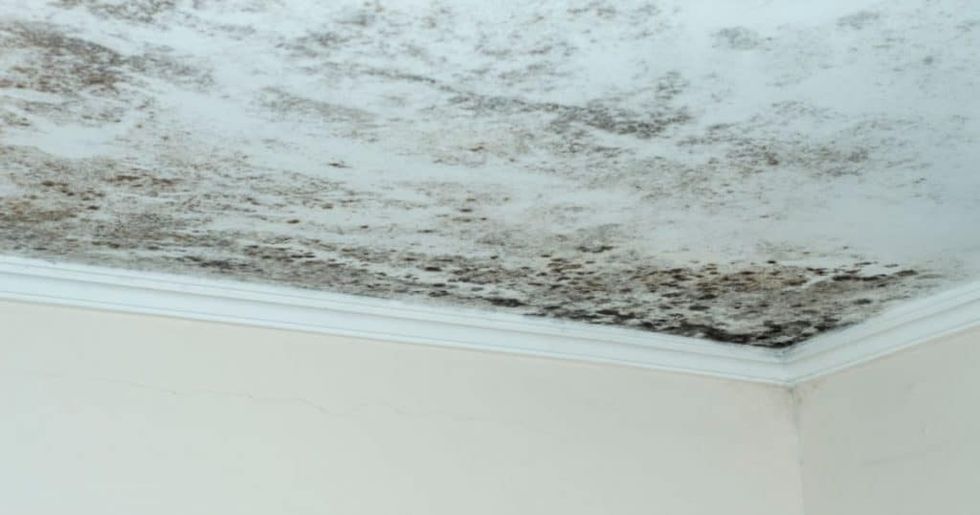It has been almost 10 months since the COVID-19 pandemic started, and millions of people around the world have been living in quarantine over the same period. This new lifestyle has changed a lot of things, and how we work is one of them: suddenly, many of us started working from home. Moreover, we have no idea how long this will continue. At the time of this article, it’s still unclear how well the vaccines will work, and no real cure has been found yet. However, even if some treatment emerges, some practices that started during the epidemic period can continue later. Working remotely is one of them, and COVID-19 may have changed how we work forever.
The Good Old Office Orthodoxy
You wake up in the morning, go to the office, work 9-6, come home and repeat all this the next day. This “ritual” of white-collars has been going on for a very long time, and no one has ever questioned how efficient it is. On the contrary, every new manager made many unnecessary changes in the way of working in the office, thinking that he/she can do better: multiple meetings during the day, what should be at the desk and what should not, communication rules with office workers, etc. These and many other applications changed with each manager, and contrary to the popular belief, none of these had a positive effect on employee productivity.
A study conducted by Future Forum on 4,700 employees has recently found that only 12% of employees want to go back to the old office working style. The rest of the employees want to continue working from home (or at least switch to a hybrid working model). So, maybe this time, we should listen to employees, not managers: working from home is at least as efficient as office work and offers many advantages for both parties.
What You Actually Get from Working Home
The benefits of this new way of working for employees are obvious: they don't have to deal with traffic and office politics every day. The only thing that matters is that they do their job on time and correctly - they don't have to worry about anything else. They can devote more time to themselves and their families, working not only from home but from anywhere with an internet connection. Not wasting time on commuting to the office every day, you’ll have more “me-time” and use it to your liking. You can play at the live casino VulkanVegas or do sports - whatever makes you happy now gets more accessible.
However, there are many benefits for employers as well: they can save on office costs. They no longer have to rent a huge space for hundreds of people to work and allocate a budget for its expenses. A company can have thousands of employees in different parts of the world and does not have to rent an office space for any of them: this is an advantage that will cut costs considerably. Instead, companies can increase their R&D budget or give more attention to marketing. In other words, working from home is beneficial for both employees and employers, except for managers with ego problems.
Video Calls Are the Only Thing You Need
Working from home does not create a problem for internal communication because you can continue to hold meetings with video calls. The only difference from real meetings is that the participants are not in the same room. Apart from that, we can even say that video calls make meetings much more efficient. As a simple example, it is possible to record the meeting and browse the important information later. It is possible to say that this will turn video calls into a sector in itself in the near future - we will see many alternatives with advanced features in the market. (So , you won't have to use Zoom only.) Simply put, we can be confident that working from home will continue after the pandemic because it reduces costs and gives more freedom to employees.
However, we are also sure that it will not be the only practice in the business world: a study conducted in the US shows that 60% of employees have jobs that are not suitable for remote work. Almost all blue-collar workers have to be in the workplace, and certain positions cannot be employed from home for many reasons. In addition, there are some psychologists who claim that working remotely will cause some behavioral changes, and these will not be positive in the long term. According to them, office work is also a social experience, and employees who stay away from this type of socialization will not be able to focus on a job. We're not sure how true this is, but we do know this: working remotely shows that the traditional way of working has changed forever, for good or bad. We will see together how long this change will continue and what consequences it will bring.


















